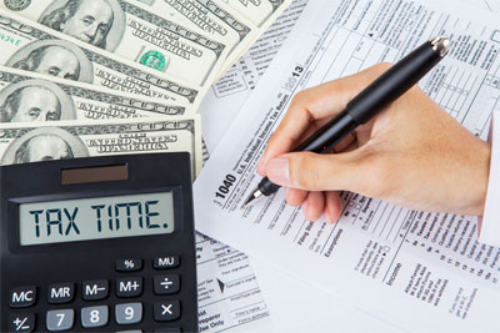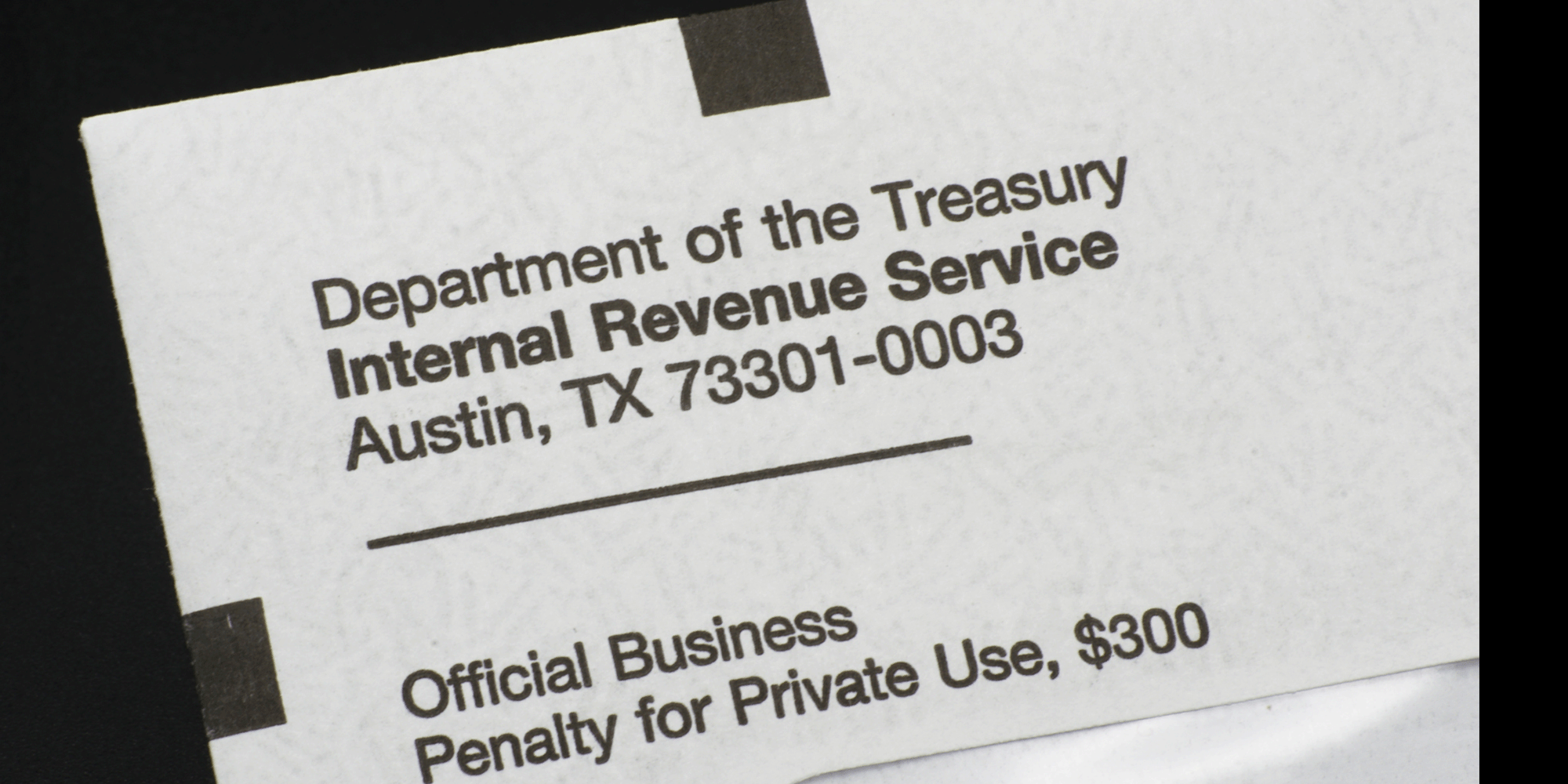IRS Collection Notices: What Do They Mean?
When you receive a notice from the IRS, it can feel like being pulled over by the police. But don't panic! If you are diligent about reading these notices and following their instructions, they may provide some relief to your worries. In this article, we will discuss what IRS collection notices mean when received in the mail.
What's An IRS collection Notice
The first thing to understand is that the IRS's primary job is to collect taxes. And, one of their tools for doing this work is sending out collection notices.
If you owe money to the government and don't pay it back by a certain date, then they may send you a notice asking why there has been no payment. They want to know if you are planning to pay it back, or if they need to take further action.
The notice will list the amount that is owed, as well as the date by which payment is due. If you don't respond or make a payment within a certain number of days after receiving the notice, then the IRS may take more aggressive actions, such as filing a tax lien or seizing your assets.
Why You Received an IRS Collection Notice
The most common reason for receiving an IRS collection notice is that you failed to file your tax return or pay your taxes. If the IRS determines that you owe money, they will send you a bill called a Notice and Demand for Payment. The notice will state how much money you owe, when the payment is due, and what penalties and interest are being imposed.
The IRS may also send a letter to you if they have information that suggests that your return is incorrect or incomplete, and the agency wants more information from you in order to process it properly. This can be very stressful to receive, but it happens to people more often than you might think.
What You May Want To Do When You Receive An IRS Collection Notice
When you receive an IRS collection notice in the mail, it is important to take immediate action. Below are five steps that you can take:
-
Do Not Ignore It
The first thing you should not do is ignore the notice. If you do, the IRS will start collection proceedings against you. This could result in wage garnishment, bank levies, and seizure of your assets. So please be proactive and address the notice head-on.
-
Do Not Panic
The second thing you should not do is panic. The IRS will conduct an investigation and determine if the notice was sent in error or if it contains mistakes that need to be corrected. If so, they will send a follow-up letter with instructions on how to correct the errors.
Even if there are no mistakes and your tax bill is accurate, the IRS will still work with you to set up a payment plan that is agreeable.
-
Don't Reply to The Notice Unless it Instructs You To Do
In case the notice asks you to call a specific phone number or sends you instructions on how to respond, please do so as soon as possible. If not, don't panic and start writing letters just yet because you may write something that may put you in deeper trouble than you already are in. It's always good to reply to the notices after consulting an IRS representative.
-
Review The Information on The Notice
It is important to review the information on the notice carefully for accuracy. Check all of your tax records and make sure that you are not missing any relevant income or expenses. If there are mistakes, then write down what they should be instead, including supporting documents if necessary.
-
Contact An IRS Representative
An IRS representative is trained to help you get your case resolved. If you have a question about the notice, or if there is information missing from it that would help clarify things further, you need to contact one as soon as possible so he/she can assist you in determining how best to proceed. If you are unsure of how to contact an IRS representative, do not worry because they have representatives that are available 24 hours a day, seven days per week.
Why It Is Crucial That You Work With With A Reputable IRS Representation Agency
When you receive an IRS notice, it is important that you work with a reputable tax relief firm. It will help ensure that your case gets resolved quickly and efficiently while minimizing the damage to your credit rating or assets in some cases.
It's best to contact a qualified company as soon as possible so they can assess the situation and recommend appropriate strategies. They will be able to answer any questions that you may have about the notice and your rights as a taxpayer.
Conclusion
A good rule of thumb when dealing with the IRS is to always remain calm and get a reliable IRS representative to help you address your issues head-on in order to get them resolved as quickly as possible. This will help prevent additional penalties from being assessed and will minimize the amount of stress that you experience. Please keep in mind that there are reputable tax relief firms available that can help you get through this difficult time.
We at Morris and Associates Tax Specialists can assist you. Kenneth Morris is a Certified Tax Representation Consultant and an Enrolled Agent in good standing with the IRS. Call us now for more details on IRS Collection notices. We are available 24/seven, just call (678) 641-3193 or visit our website today: suwaneetaxes.com.
Best regards,
Kenneth Morris, EA
Call me: (678) 641-3193
Posts by Tag
- tax problems (48)
- tax services (41)
- How the IRS Works (39)
- Resolving tax debt (38)
- Offer in Compromise (17)
- Tax News (13)
- 2023 Taxes (11)
- Tax Relief (6)
- filing deadline (6)
- Tax Preparation (5)
- 2020 taxes (4)
- Tax Advice (4)
- Avoiding an Audit (3)
- IRS Final Notice (2)
- Save Money (2)
- Estate Planning (1)
- Prior year returns (1)
Recent Posts
Popular Posts
Where's My Refund?
Just wanted to give you a...
An Offer-in-Compromise (OIC) is an agreement...
IRS IS CRACKING DOWN
The IRS has made it...

